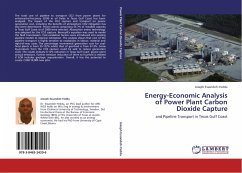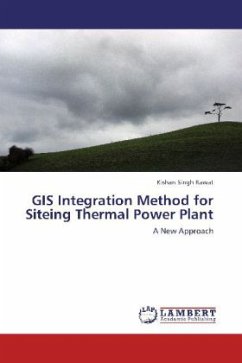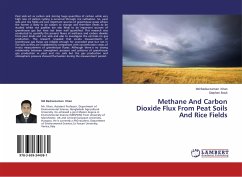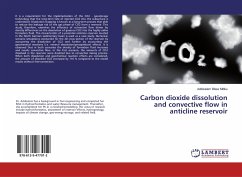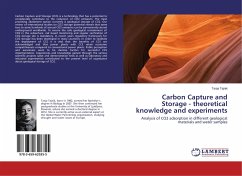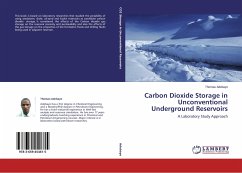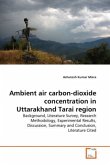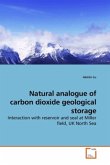The total cost of pipeline to transport CO2 from power plants for enhanced-oil-recovery (EOR) in oil fields in Texas Gulf Coast has been analysed. The impact of the CO2 capture and transport on power generation cost, including the benefits of atmospheric CO2 mitigation has also been determined. Power plants comprising 55.7% of installed capacity in Texas Gulf Coast as of 2008 were selected. Absorption amine technology was adopted for the CO2 capture. Bernoulli s equation was used to model the fluid transmission. Cost escalation factors were introduced into existing pipeline models to improve estimation. The analysis shows that cost of the pipeline transport is highly sensitive to escalations in labour, material and right-of-way costs. The percentage incremental generation cost for coal-fired plants is from 55-122% whilst that of gas-fired is from 9-13%. Some by-products from the CO2 capture could be sold to reduce generation costs. The results indicate 6-12% reduction in Texas Gulf Coast power plant annual emissions. Further emission reduction of three to fourfold is realised if EOR includes geologic sequestration. Overall, it has the potential to create 7,000-10,000 new jobs.
Bitte wählen Sie Ihr Anliegen aus.
Rechnungen
Retourenschein anfordern
Bestellstatus
Storno

